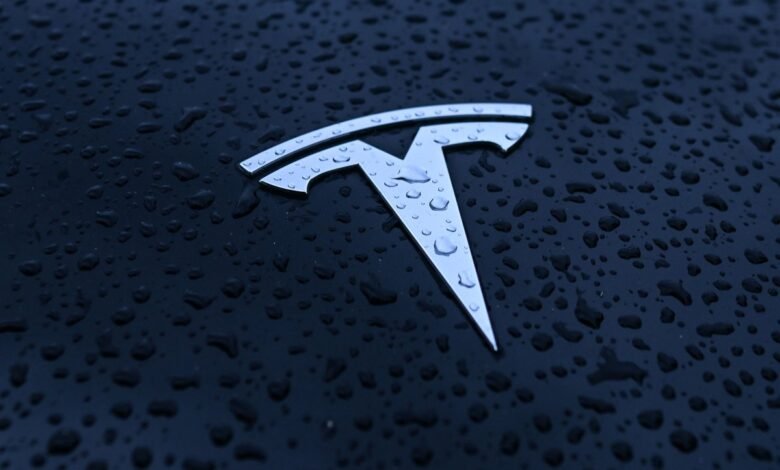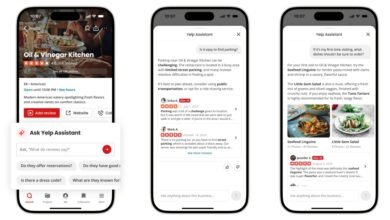Tesla Fights $243M Autopilot Death Verdict in Court

▼ Summary
– Tesla has requested a judge to overturn the $243 million verdict against it in an Autopilot-related lawsuit or to grant a new trial.
– The company’s lawyers argue the verdict contradicts Florida law and due process, placing full blame on the driver, George McGee.
– The jury assigned two-thirds of the blame to McGee and one-third to Tesla for the 2019 crash that killed one person and severely injured another.
– Tesla rejected a $60 million settlement offer from the victims before the verdict and claims the case misrepresents product liability expectations.
– Plaintiffs’ attorneys assert the verdict reflects shared responsibility and criticizes Tesla’s technology and safety practices, expressing confidence it will be upheld.
Tesla has formally requested a judge to either overturn a $243 million verdict or grant a new trial in a wrongful death lawsuit tied to its Autopilot system. The electric vehicle maker contends the jury’s decision contradicts Florida tort law, due process, and common sense, arguing the driver’s actions were overwhelmingly responsible for the fatal 2019 crash.
In legal documents, Tesla’s legal team asserts that the verdict unfairly penalizes the company despite the jury assigning two-thirds of the fault to the driver, George McGee. The incident occurred when McGee’s Tesla Model S, operating with Autopilot engaged, failed to brake and struck a parked SUV, resulting in the death of Naibel Benavides Leon and severe injuries to her partner.
Tesla maintains that its driver-assistance technology performed as expected under normal circumstances, but McGee’s admitted distraction, reaching for his phone, constituted what they term “extraordinary recklessness.” The automaker warns that upholding the ruling could stifle innovation and discourage safety advancements across the automotive industry.
The plaintiff’s legal counsel, however, sees the motion as another example of Tesla evading accountability. Lead attorney Brett Schreiber stated that the jury rightly recognized shared responsibility, emphasizing that Autopilot’s limitations and Tesla’s marketing of the system played a critical role in the tragedy. He expressed confidence that the court will uphold the verdict, which he views as a rebuke of Tesla’s development practices rather than a condemnation of autonomous driving technology as a whole.
Notably, Tesla had previously turned down a $60 million settlement offer from the victims prior to the trial. McGee, who was separately sued, reached a settlement in his case. The legal battle continues to spotlight tensions between technological innovation, corporate responsibility, and real-world safety outcomes.
(Source: TechCrunch)





